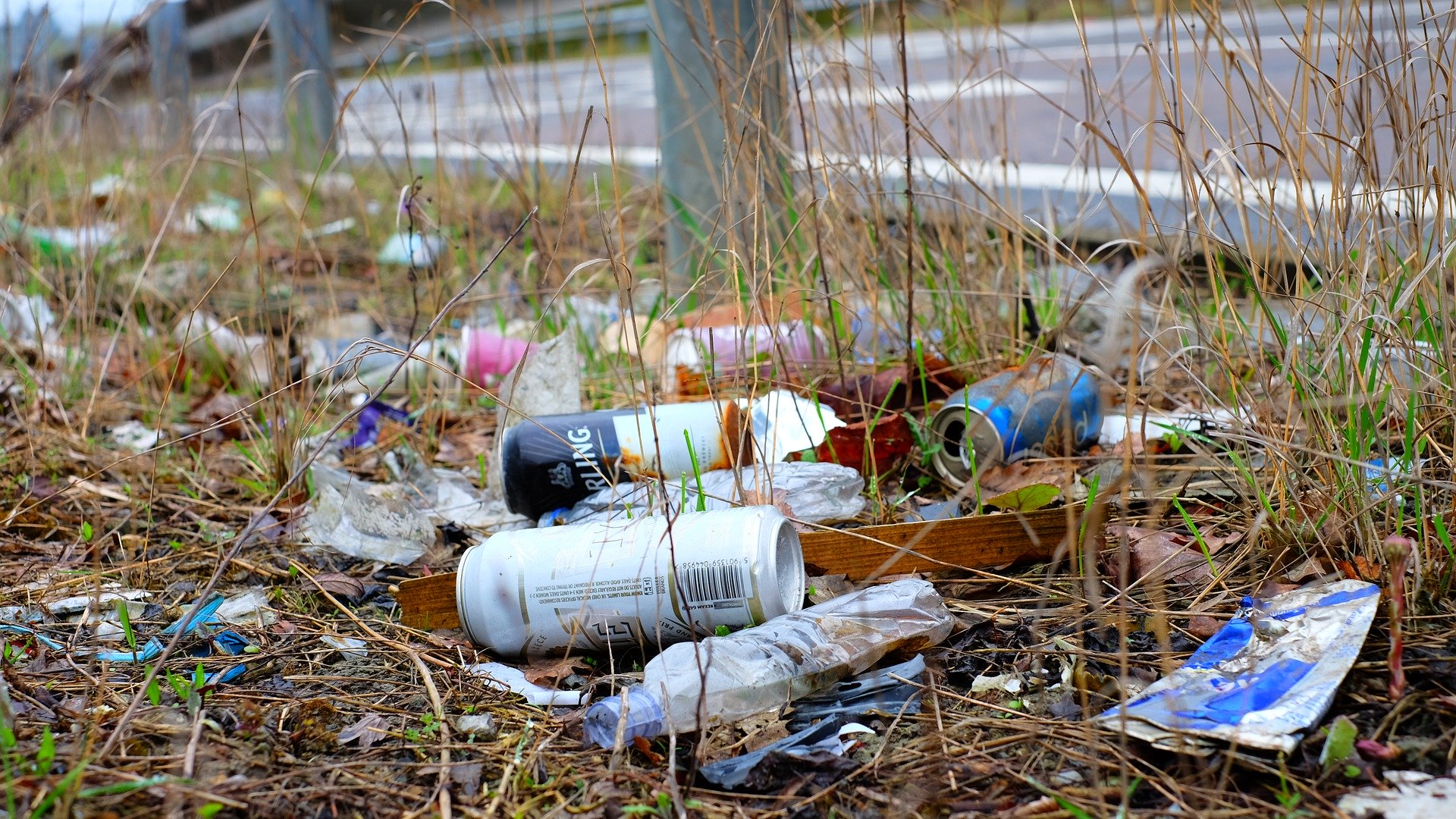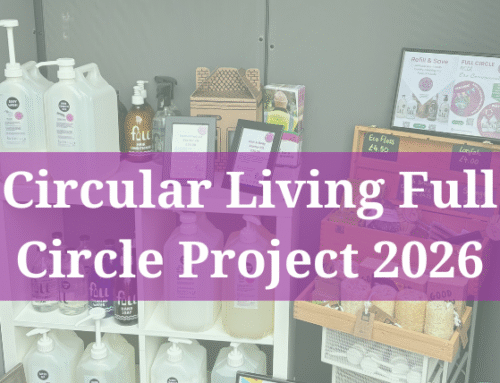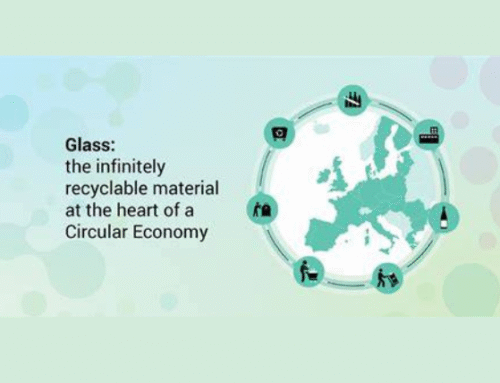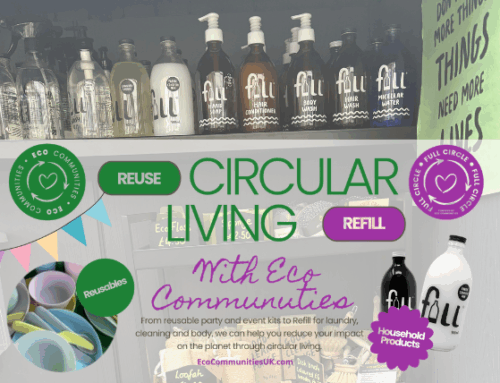
Picture all the great times you’ve had on the beach. Everybody has great memories at the seaside, from going to the amusements, to getting ice creams, sandwiches covered in sand and that first dip in the sea where you can hardly feel your legs from the cold but you don’t mind, you don’t have a care in the world.
I bet your image of the beach is perfect, yellow sand stretching as far as the eye can see, perfect blue sea.
Here’s another one for you, you’re abroad, you take a boat and go to a nearby uninhabited tropical beach, nobody for miles around, just you and the pristine sand.
Unfortunately both of these images are far far from the reality. Plastic pollution can now be found on every beach in the world, from busy tourist beaches to uninhabited tropical islands, nowhere is safe.
To put it into perspective, scientists have recently discovered micro-plastics embedded deep in the Arctic ice. The most remote corner of the planet has evidence of our plastic obsession.
In 1950, the world’s population of 2.5 billion produced 1.5 million tons of plastic; in 2016, a global population of more than 7 billion people produced over 320 million tons of plastic. This is set to double in the next 15 years.
Every day approximately eight million pieces of plastic pollution find their way into our oceans. Spreading for miles around, affecting beaches across the globe
There may now be around 5.25 trillion macro and micro-plastic pieces floating in the open ocean. Weighing up to 269,000 tonnes. The same weight as 53,800 fully grown male African elephants.
Plastics consistently make up 60-90% of all marine debris studied. Approximately 5000 items of marine plastic pollution have been found per mile of beach in the UK. Over 150 plastic bottles litter each mile of UK beaches.
Recent studies have revealed marine plastic pollution in 100% of marine turtles, 59% of whales, 36% of seals and 40% of seabird species examined. 100,000 marine mammals and turtles and 1 million sea birds are killed by marine plastic pollution annually .
This is why we have chosen to step up, if everybody does their part we can make a positive change in the world. If everybody sits back we will lose nearly all of the life in our oceans, all because we wanted our sandwiches to last a few days longer in the supermarket.
If you read this and want to join the cause then please feel free to click HERE.




